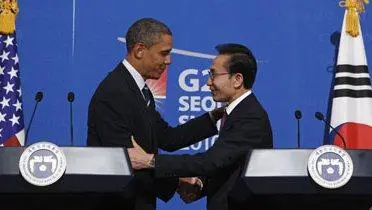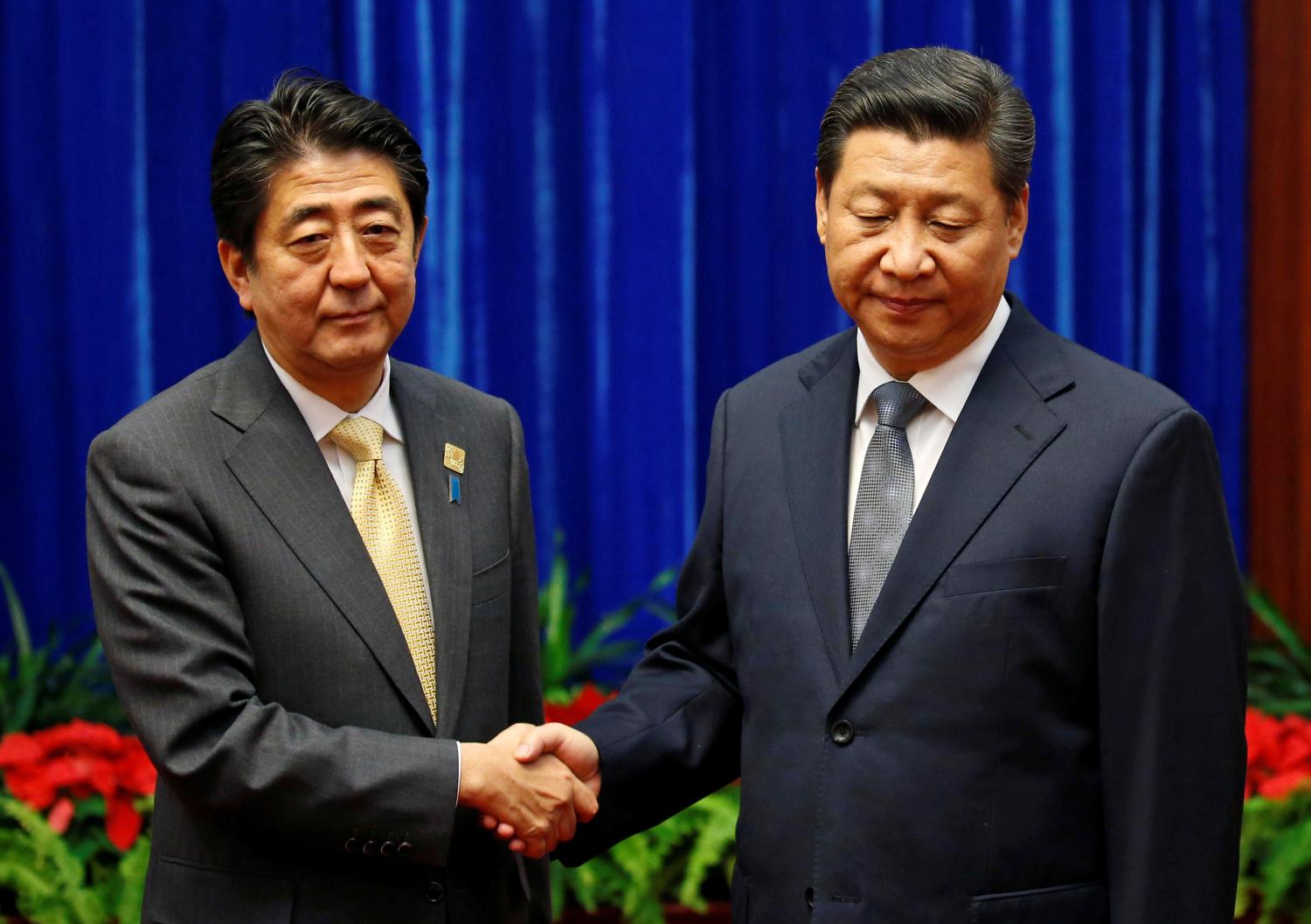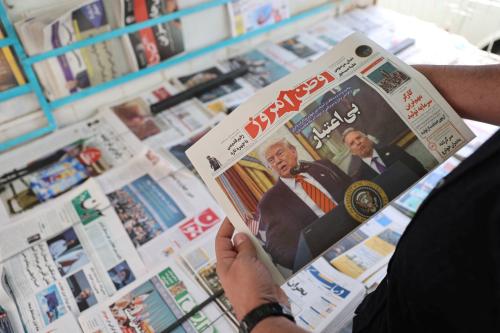Abstract:
South Korea is the world’s sixth-largest nuclear energy producer, with 20 nuclear power plants providing about 40 percent of its electricity. South Korea’s nuclear energy development has been made possible by the ROK-U.S. Atomic Energy Agreement signed in 1972. The United States provided nuclear technologies and materials necessary for the peaceful use of nuclear energy; in return, South Korea was specifically prohibited from proliferation-related activities such as the reprocessing of spent fuel and uranium enrichment under the terms of the agreement. After three decades of successful bilateral nuclear cooperation, the two governments are due to renew the accord by 2014. However, negotiations on the new agreement between Seoul and Washington could potentially provide a source of tension and controversy. In particular, South Korea’s wish for a complete fuel-cycle capability could directly conflict with President Obama’s call for a nuclear weapons free world and U.S. concerns about nuclear proliferation. The bilateral negotiation between the United States and the ROK will have important implications for the global non-proliferation regime and regional security as well. This paper identifies issues and challenges regarding the renewal of the ROK-U.S. Atomic Energy Agreement and discusses the associated policy implications for the ROK-U.S. alliance.
Introduction
Nuclear power has become an important energy source for the Republic of Korea (ROK) since its first commercial nuclear power plant was opened in 1970. South Korea, being an energy-scarce country, imports 97 percent of its energy requirements. Today, South Korea is the world’s sixth-largest nuclear energy producer with 20 nuclear power plants providing about 40 percent of its electricity. South Korea’s nuclear energy development has been made possible by the ROK-U.S. Atomic Energy Agreement signed in 1972.
Under this agreement, the United States provided nuclear technology and the materials necessary for the peaceful use of nuclear energy. South Korea was specifically prohibited from engaging in proliferation-related activities such as the reprocessing of spent fuel and uranium enrichment. After three decades of successful bilateral nuclear cooperation, the two governments are set to renew the agreement by 2014; however, negotiations for a renewed agreement between Seoul and Washington could potentially become a source of tension and controversy. In particular, South Korea’s wish for a complete fuel-cycle capability could directly conflict with President Obama’s call for a nuclear weapons free world and U.S. concerns over proliferation. The bilateral negotiations between the United States and the ROK will have important ramifications for the global non-proliferation regime and regional security in Northeast Asia. This paper identifies issues and challenges for the renewal of the ROK-U.S. Atomic Energy Agreement and discusses the policy implications for the ROK-U.S. alliance.
The Brookings Institution is committed to quality, independence, and impact.
We are supported by a diverse array of funders. In line with our values and policies, each Brookings publication represents the sole views of its author(s).




